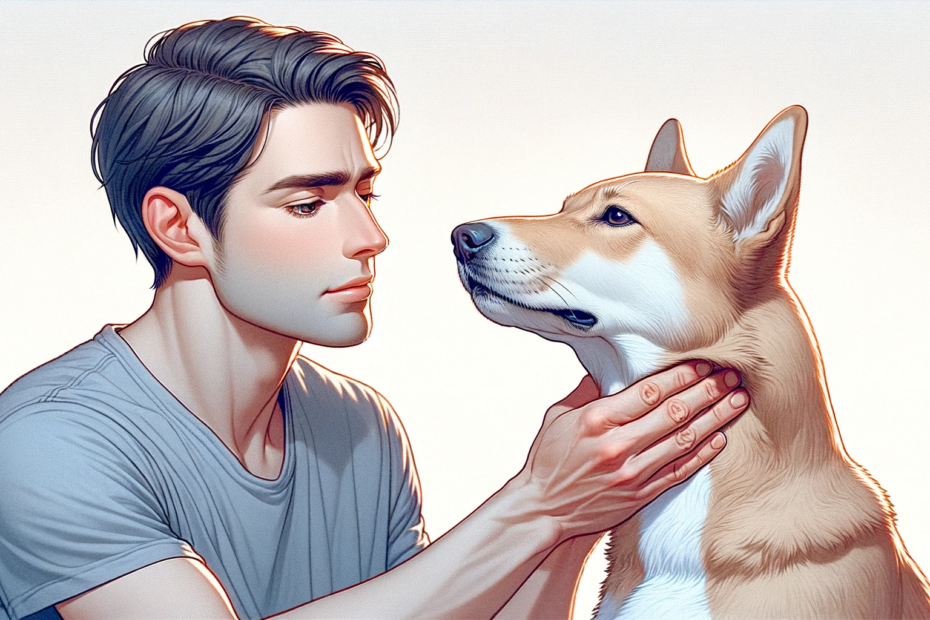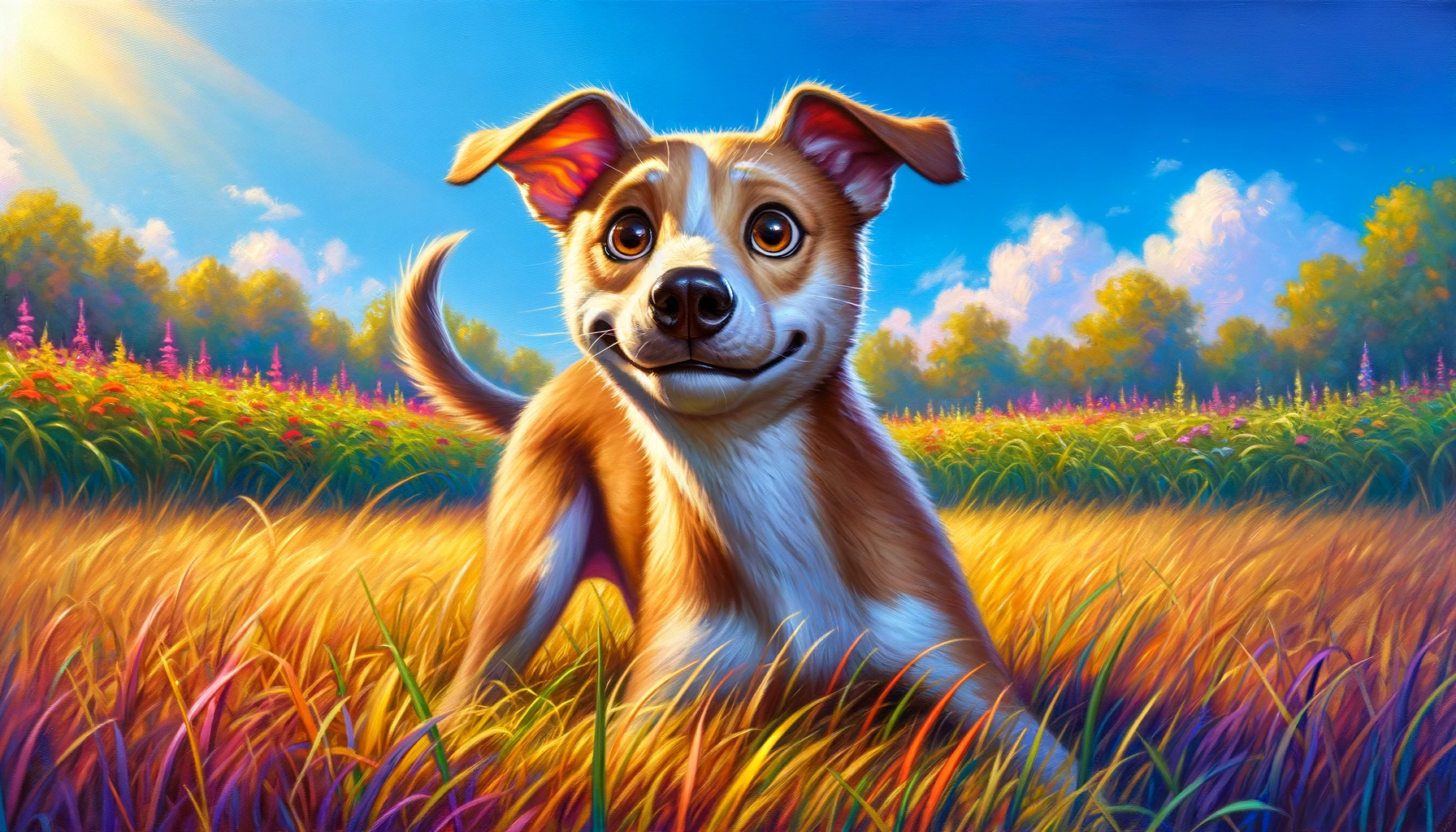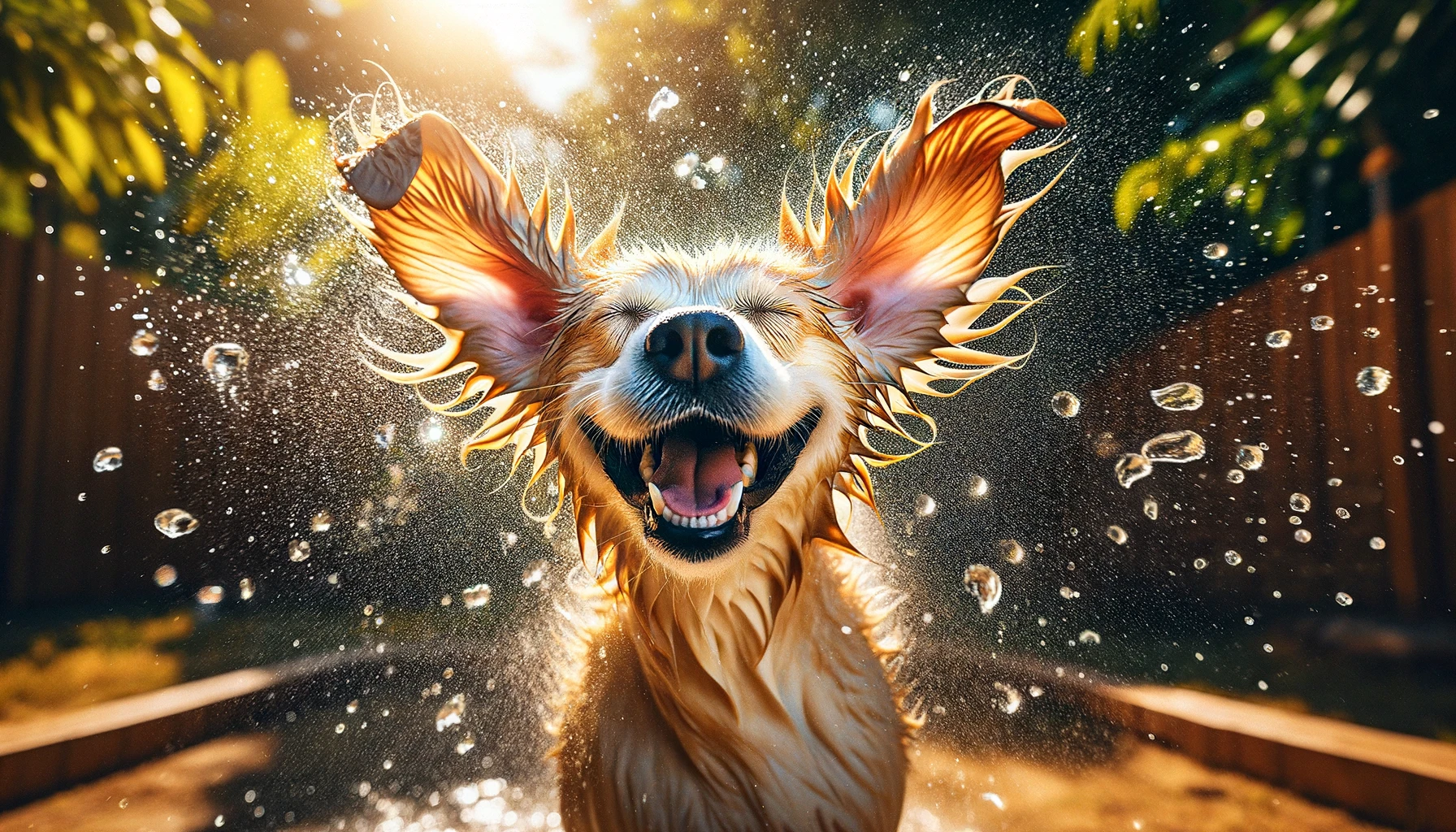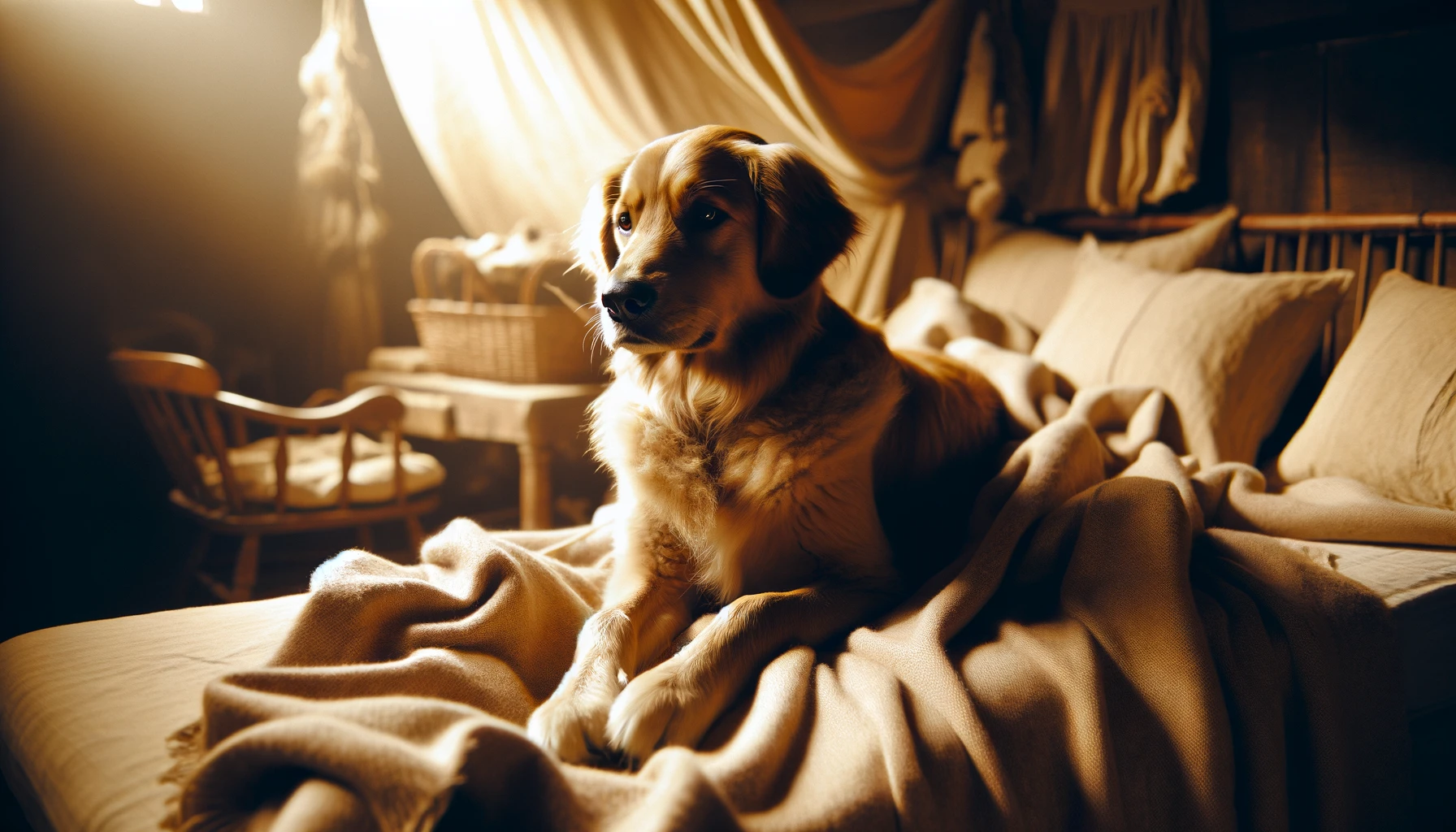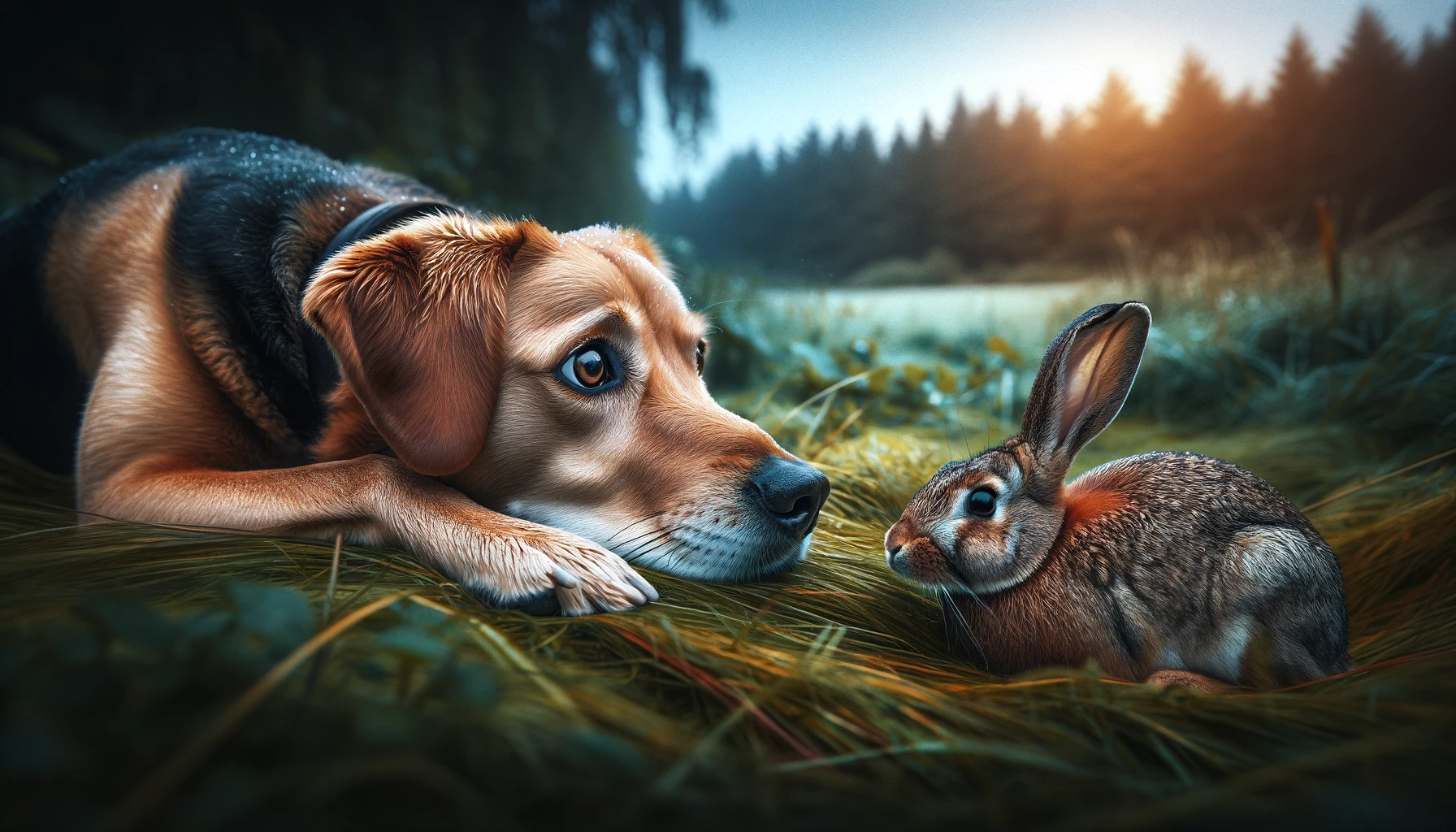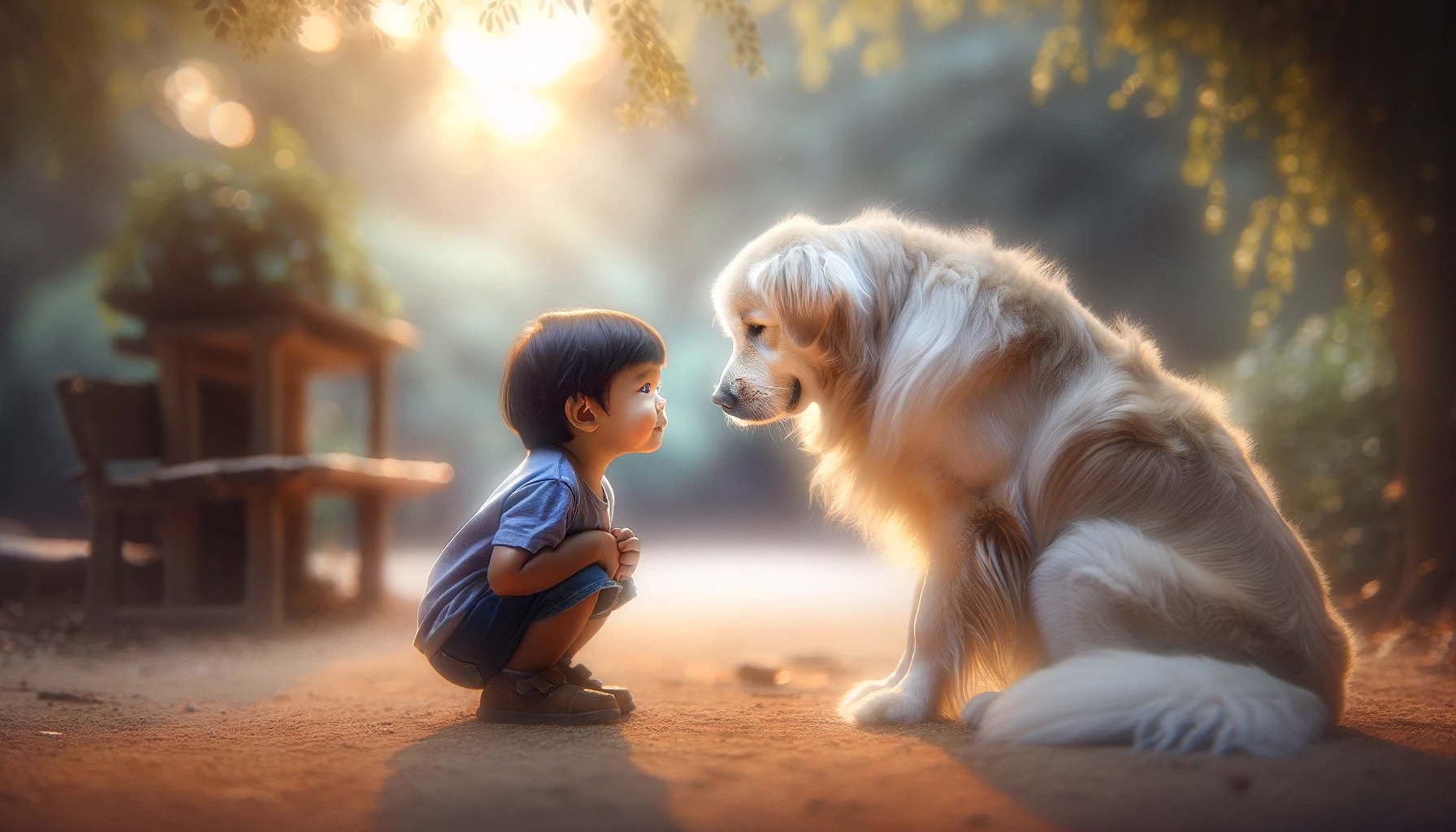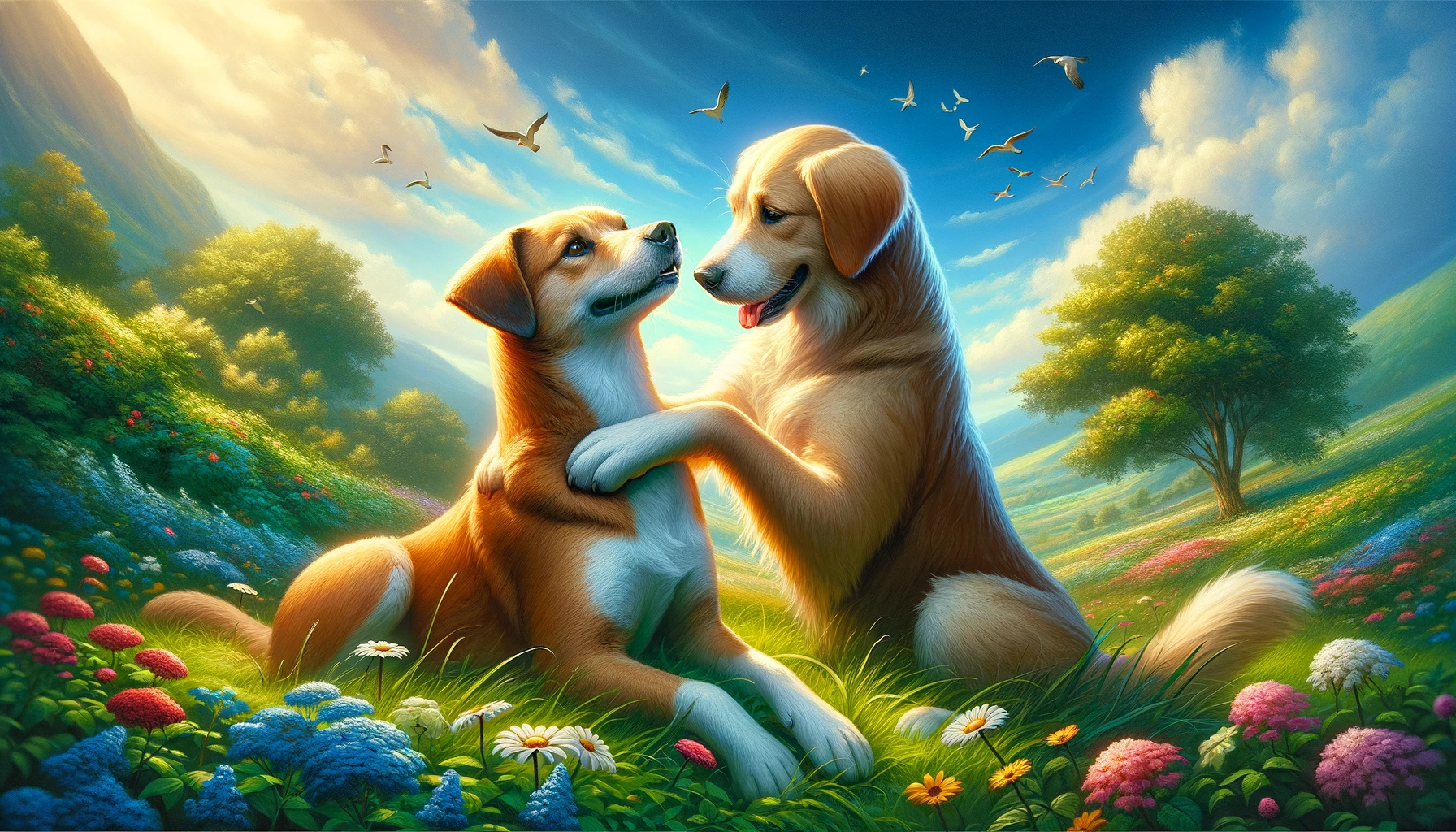Have you ever seen your dog suddenly start snorting and gasping for air, almost like it’s trying to inhale a sneeze? It’s a strange sight, but don’t worry, it’s called reverse sneezing, and it’s quite common in dogs.
The good news is that you can help your furry friend stop this peculiar behavior. By following a few simple steps, you can provide relief and ease their discomfort. From gently massaging their throat to blowing a puff of air in their face, these techniques can help stop the spasm and restore normal breathing.
If the reverse sneezing persists, it’s always a good idea to consult with a veterinarian for further guidance.
Key Takeaways
- Techniques to stop reverse sneezing in a dog include gently massaging the throat, briefly covering the nostrils, offering water or food, and taking the dog to a cool area or outside with fresh air.
- If reverse sneezing persists or is frequent, it is important to seek professional help from a veterinarian, who may recommend additional tests, prescribe medication, or suggest environmental modifications.
- Preventing reverse sneezing in dogs can be achieved by keeping the environment clean and free from irritants, regularly cleaning the dog’s bedding and vacuuming the house, avoiding harsh household products, keeping the dog calm and avoiding overexcitement, and understanding the dog’s allergies.
- Further information on reverse sneezing includes its causes (allergies, irritants, excitement, etc.), recognizing the symptoms (rapid inhalation, stiffening of the body, short duration, etc.), home remedies (gentle throat massage, offering water, creating a calm environment, etc.), when to seek veterinary care, and prevention methods.
Recognizing the Signs of Reverse Sneezing
To recognize the signs of reverse sneezing in your dog, pay attention when they start exhibiting rapid, repeated inhalations through their nose. Reverse sneezing is a common condition in dogs that can be alarming to pet owners. During a reverse sneezing episode, your dog may make snorting or gagging sounds, which can further add to your concern.
It’s important to remember that reverse sneezing is usually not harmful to dogs, especially those without underlying health conditions. Most dogs return to normal before and after a reverse sneezing episode, so there’s generally no need to panic. However, if your dog experiences frequent or prolonged episodes of reverse sneezing, it’s advisable to consult with your vet to rule out any underlying nasal or respiratory issues.
In some cases, certain factors such as allergies, irritants, excitement, or pulling on the leash may trigger reverse sneezing in dogs. By understanding the signs and causes of reverse sneezing, you can better manage and potentially prevent future episodes in your furry friend.
Understanding the Causes of Reverse Sneezing
Understanding the causes of reverse sneezing can help you identify potential triggers and alleviate this condition in your dog. Reverse sneezing, also known as inspiratory paroxysmal respiration, is a common phenomenon in dogs. It’s characterized by rapid, forceful inhalations and snorting sounds. Several factors can contribute to reverse sneezing in dogs.
One possible cause is irritation of the soft palate. The soft palate is a flap of tissue located at the back of the throat. When it becomes irritated or inflamed, it can trigger a reverse sneezing episode. Allergies to pollen, dust, or certain household products can irritate the soft palate and lead to reverse sneezing in dogs.
Another potential cause is tracheal collapse. This condition occurs when the cartilage rings that support the trachea weaken and collapse, causing the airway to narrow. Dogs with tracheal collapse are more prone to reverse sneezing, as the collapsed trachea can obstruct the flow of air and trigger the reverse sneezing reflex.
Nasal mites, which are tiny parasitic mites that live in the nasal passages, can also contribute to reverse sneezing in dogs. These mites can cause irritation and inflammation, leading to reverse sneezing episodes.
Additionally, overexcitement or exercise can sometimes trigger reverse sneezing in dogs. During periods of heightened excitement or vigorous exercise, dogs may breathe rapidly and forcefully, which can induce a reverse sneezing episode.
Understanding these potential causes of reverse sneezing in dogs can help you identify triggers and take appropriate steps to alleviate this condition. If you suspect that your dog is experiencing reverse sneezing, it’s important to consult with a veterinarian to determine the underlying cause and develop a suitable treatment plan. Taking proactive measures to address the causes of reverse sneezing can significantly improve your dog’s respiratory health and overall well-being.
Simple Techniques to Stop Reverse Sneezing
To alleviate reverse sneezing in your dog, try these simple techniques.
During a reverse sneezing episode, gently massaging your dog’s throat can help calm them down. This can be done by using your fingers to apply gentle pressure to the sides of their throat.
Another technique is to briefly cover your dog’s nostrils, which can help them swallow and clear their nose, stopping the spasm.
Offering water or food can also be effective in diverting their focus and clearing irritants from their throat.
If the cause of the reverse sneezing is an allergic reaction or inflammation, medication such as antihistamines or corticosteroids may be necessary.
Taking your dog to a cool area or outside with fresh air can also be beneficial in stopping a reverse sneezing episode.
It’s important to remember that reverse sneezing is a normal occurrence in dogs and is usually harmless.
However, if the episodes become more frequent or severe, it’s recommended to consult with your veterinarian for further evaluation and treatment.
Seeking Professional Help for Persistent Reverse Sneezing
If your dog’s reverse sneezing episodes persist or worsen, it’s time to consult a veterinarian for professional assistance. Occasional episodes of reverse sneezing are usually harmless and can be managed at home. However, if your dog experiences frequent or prolonged episodes, it may indicate an underlying issue that requires medical attention. A veterinarian will be able to diagnose the cause of the reverse sneezing and provide appropriate treatment options.
When you visit the vet, be prepared to discuss your dog’s medical history, including any known allergies or irritants. The vet may recommend additional tests such as x-rays, oral and nasal exams, or rhinoscopy to rule out other potential causes of the snorting noises. These tests will help determine the appropriate course of action for your dog’s condition.
Depending on the diagnosis, the vet may prescribe antihistamines or other medications to alleviate the symptoms and reduce the frequency of reverse sneezing episodes. They may also recommend environmental modifications or changes in diet to address any underlying allergies or irritants.
Remember to monitor the frequency and duration of the reverse sneezing episodes and keep a record of any changes or improvements. This information will be helpful for your vet in determining the effectiveness of the treatment plan and making any necessary adjustments.
If you notice any changes in your dog’s behavior or if the reverse sneezing episodes become more severe or frequent, don’t hesitate to call your vet for guidance. They’ll be able to provide further assistance and support to help your dog find relief from reverse sneezing.
Preventing Reverse Sneezing in Dogs
Prevent reverse sneezing in your dog by identifying and avoiding triggers.
Episodes of reverse sneezing in dogs are completely normal, but it can be distressing for pet parents to witness. To minimize the occurrence of reverse sneezing, make sure to keep your dog’s environment clean and free from potential irritants.
Dust and allergens can trigger episodes, so regularly clean your dog’s bedding, vacuum the house, and avoid using harsh household products. Additionally, overexcitement can lead to reverse sneezing, so try to keep your dog calm and avoid situations that may overstimulate them.
Understanding your dog’s allergies can also help in preventing reverse sneezing. If you notice a pattern in their episodes, consult with your veterinarian to determine if allergens are the cause.
When your dog experiences reverse sneezing, you can help by gently blowing on their face or massaging their throat to help alleviate the episode.
Frequently Asked Questions
What Can I Give My Dog to Stop Reverse Sneezing?
To stop reverse sneezing in your dog, try natural remedies like breathing exercises and managing anxiety. Consider allergy testing and making diet changes. Consult with a veterinarian for homeopathic solutions, nasal sprays, acupressure techniques, and proper guidance.
Why Is My Dog Suddenly Reverse Sneezing so Much?
Your dog may be reverse sneezing more frequently due to various triggers like allergies or overexcitement. Identifying and avoiding irritants, managing allergies, and keeping your dog calm during episodes can help prevent reverse sneezing.
What Can Be Mistaken for Reverse Sneezing in Dogs?
Coughing can be mistaken for reverse sneezing in dogs, so it’s important to differentiate between the two. Other potential causes include allergies, respiratory issues, and environmental triggers. Seek veterinary help if needed.
Does Reverse Sneezing Scare Dogs?
Reverse sneezing can startle dogs, but it’s usually not harmful. Understanding triggers, differentiating from other respiratory issues, and exploring remedies can help calm your dog. Educate yourself to better care for your furry friend.
Conclusion
In conclusion, reverse sneezing in dogs can be managed effectively using simple techniques such as gently massaging the throat, causing the dog to swallow, and providing fresh air.
However, if the reverse sneezing persists or is severe, it’s important to consult a veterinarian for further evaluation and potential treatment.
Remember, taking preventive measures like avoiding allergens can also help minimize episodes of reverse sneezing in dogs.
So, take the necessary steps to keep your furry friend healthy and comfortable.
